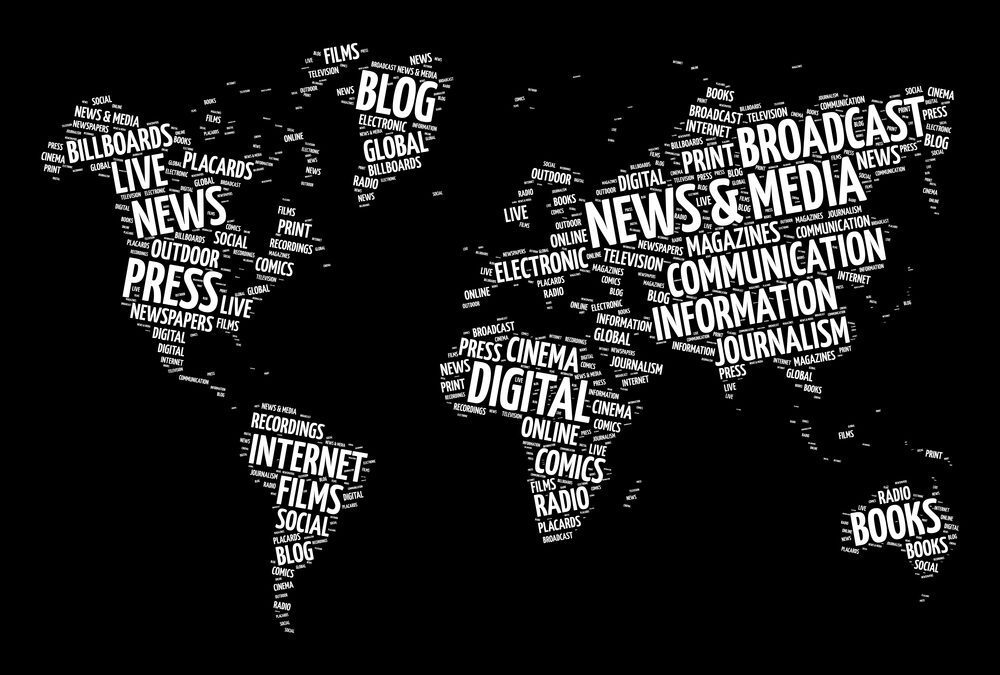Recently I was asked to review a book a friend of mine had written, which is titled 5,000 years of Monarchy. The book highlights many fascinating facts from across the globe and throughout recorded history. Such as Phillip II of Spain being King of England, after marrying Queen Mary I 1554, and remaining as King, with his name on parliamentary laws, until her death in 1558. Only later launching the Armada in 1588 in an attempt to remove Elizabeth I, and return England to the catholic fold. The book’s premise is that there are only two basic forms of government which have been used for the last 5 millenniums. These are a monarchy, which is a strong man or woman who rule with absolute authority, with the support of the masses; or an oligarchy, which is a group of elites who govern, largely for their own collective interests over the masses. The book maintains this is the case regardless of the labels used. For example, it defines the UK as effectively an oligarchy, despite the fact we have a monarch and that we have a form of democracy. And Fidel Castro’s Cuba as a monarchy despite him not carrying that title. The one version of government that potentially bucks this trend is the republic of the USA, which is a hybrid of monarchy and oligarchy, at least for now. Of course, you can read the arguments in the book and arrive at your own conclusions. But for me the book focuses our attention on the question of how we should govern ourselves. What should the role of a government be, what is its objective?
I believe through government we are seeking to achieve a balance between –
- The individual and the collective; the rights of individuals and our responsibilities to others.
- Our individual rewards for contribution, with finite collective resources, and appropriate support for those in need.
- Decision making about direction and laws (rules) which set the boundaries for acceptable actions, and the enforcement thereof.
Within all of us is a deeply embedded idea of fairness, we expect our individual efforts should be rewarded. And we have a sense, expressed to a greater or lesser degree, of wanting to help others, especially those in need. We live on a planet with finite resources which we need to find a way to share. We also expect governments to protect us, to enforce agreed upon laws, to provide leadership, and to set and collect taxation to pay for collective services. All of these can seem like conflicting priorities, complicated by the fact that we have divided the planet into about 200 separate countries. As Charles de Gaulle said, “How can anyone govern a nation that has two hundred and forty-six different kinds of cheese?” In democracies we often blame the politicians we elected for not solving problems that we ourselves are a part of. And some politicians blame foreign influences for domestic problems. On top of this we have amassed huge government debt through financing, wars, entitlement packages, the 2009 financial crisis, Covid-19, and of course the cost of servicing the ever-expanding debt itself. This leaves politicians with little room for manoeuvre.
Is it time for us to stand back and take another look at how we want to organise our governments on a new footing? Ideally this would be an international endeavour. The reason for this is that our economies are highly integrated, technology moves faster than governments can in providing appropriate legislation, many corporations are larger than some countries, conflict resolution through violence is a senseless anachronism, and although you may think you live in one country, you really just live on Earth. This sounds like a big ask, but if we don’t start to even think about it, we’ll never get there.
One of the places we need to start is with responsibility. If we the people took more responsibility for our actions, then we wouldn’t need so much governing. We might still need a forum for agreeing rules, but fundamentally we do not need to be governed. In fact, if everyone was fully connected to their spiritual nature, we wouldn’t even need any rules at all. That may be a long way off, but it’s high time we moved beyond 18thcentury government and create a rule setting system fit for the 21st century.
“If men were angels, no government would be necessary.” James Madison





